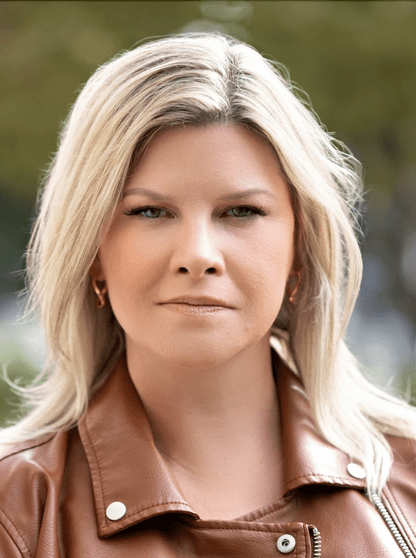For Liberal Leadership Contenders, Two Months to Define and Differentiate

By Lori Turnbull
January 10, 2025
The rules are out for the Liberal Party’s expedited leadership race. Candidates have only two months to put together their teams, sign up members, and scare up the $350,000 entry fee ahead of the March 9th vote.
The Liberals are in serious need of a soul-searching, team building, morale-boosting existential exercise, as many leadership races are, but there is little time for that now. The primary objective of the contest is to choose the person who has the best chance against Pierre Poilievre and the Conservatives.
To achieve that goal, there are two things candidates must do: differentiate themselves from Justin Trudeau’s legacy, and define themselves before the Conservatives do it for them.
Cabinet ministers Mélanie Joly and Dominic LeBlanc have already said they aren’t running. The short timeline and high entry cost make it likely that the two front-runners will be Chrystia Freeland and Mark Carney. Freeland has deep ties to Trudeau, his policies, and his political vision as his former finance minister and deputy prime minister, notwithstanding her bombshell departure from cabinet. Carney, though never a Trudeau minister, was brought on as a special advisor to the Liberal Party and chair of a task force on economic growth. He was to report to Trudeau and to the party’s election platform committee but presumably he’ll now use this work toward his own bid should he decide to run.
Both Carney and Freeland have been working hard to insert their own ideas into the public discourse so that they are seen as political leaders and change agents in their own right rather than mere extensions of the Trudeau era. Freeland’s not-so-soft launch of her leadership bid happened in December, when she resigned from the Trudeau government on the day she was supposed to read the Fall Economic Statement. Her resignation letter to Trudeau, published on social media and noting that she and Trudeau had been “at odds about the best path forward for Canada”, was essentially leadership manifesto.
There are two things candidates must do: differentiate themselves from Justin Trudeau’s legacy, and define themselves before the Conservatives do it for them.
Carney published an end-of-year article in The Globe and Mail in which he calls the current political situation a “hinge moment in our history,” per the title of his new book. He calls for a more cooperative Team Canada approach, a strong stance in our negotiations with the United States, and stricter rules around government spending. He encourages us to embrace change, investment, and innovation. Sound familiar? Of course. Apart from his call to bring the Stanley Cup back to Canada, his op-ed bears a close resemblance to Freeland’s exit letter.
These two candidates will have a hard time differentiating themselves from one another let alone from Trudeau. And the Conservatives have been defining them both for months now. Pierre Poilievre has extended his rivalry with an unpopular Trudeau despite the fact that Trudeau is no longer on the ballot by framing all of the potential Liberal leadership candidates as “Just like Justin” and that switching from Trudeau to either “carbon-tax Carney” or “carbon-tax Chrystia” will change nothing.
It is safe to say that Conservative definitions of Freeland and Carney won’t have much of an effect on Liberal supporters and therefore won’t undermine either of their leadership campaigns. It is the effect of the Conservative attack machine on the rest of the voting public that the Liberal leadership hopefuls need to be concerned about. The Conservatives have considerable resources to devote to a negative ad campaign against the new leader as they been breaking fundraising records since even before Poilievre was elected leader. And, until the election is called, there are no regulations to limit what they spend in this effort.
In a recent Abacus Data poll, it was found that 46% of respondents felt that they know Chrystia Freeland “well” compared to 22% for Mark Carney. The fact that she was finance minister has certainly helped to boost her profile, but it also ties her to Trudeau. The same poll found that, following the announcement that Trudeau would step down, the Conservatives enjoy their biggest lead yet: 47% of respondents said they plan to vote Conservative.
Whether the leadership campaign will move the polling needle for the Liberals remain to be seen. The high entry fee and short timeline favour Carney and Freeland, as the prospective candidates with the most name recognition and the greatest ability to generate the cash they need to prove they can launch a competitive bid. Will they have sufficient time and traction to transcend their negatives?
Policy Columnist Lori Turnbull is a professor in the Faculty of Management at Dalhousie University.
